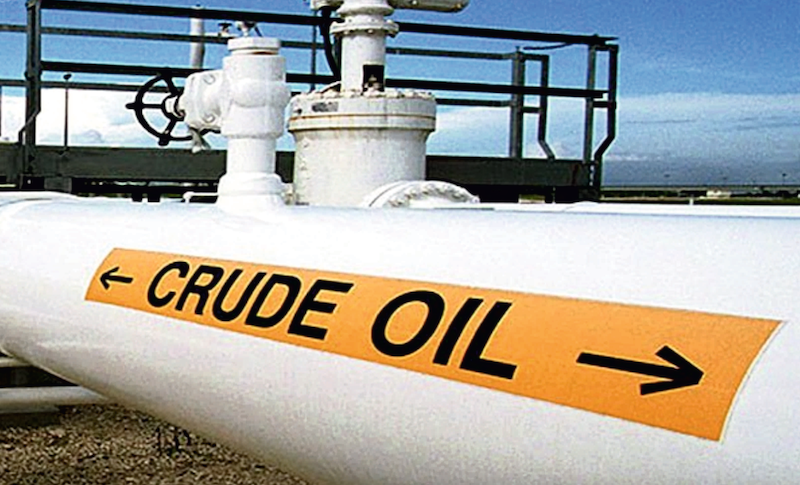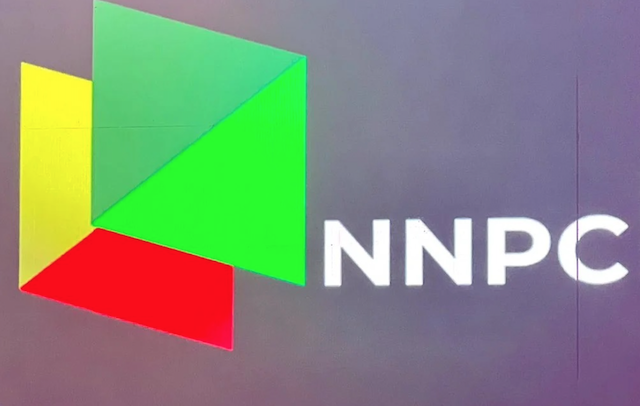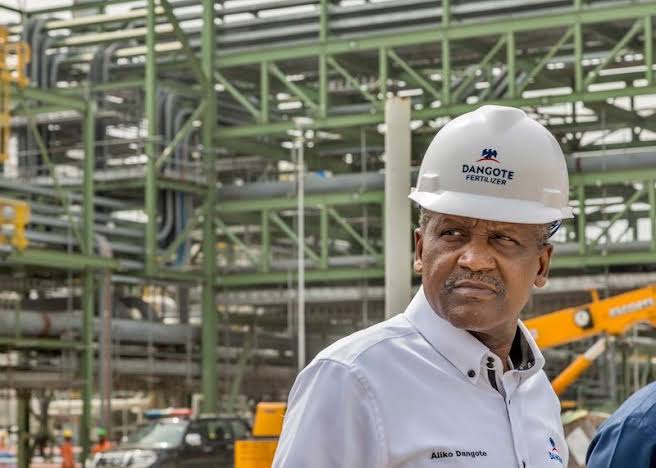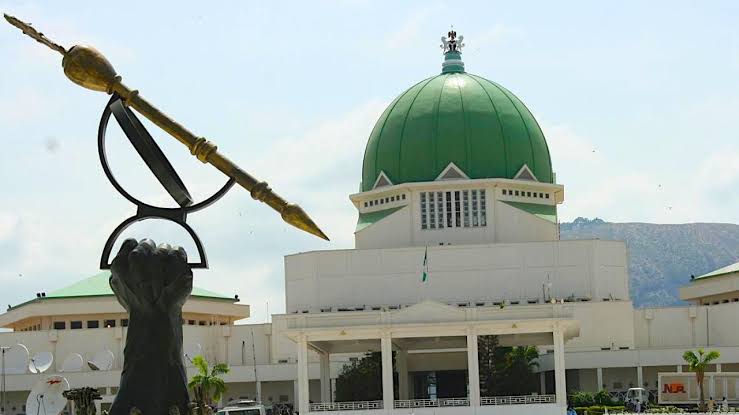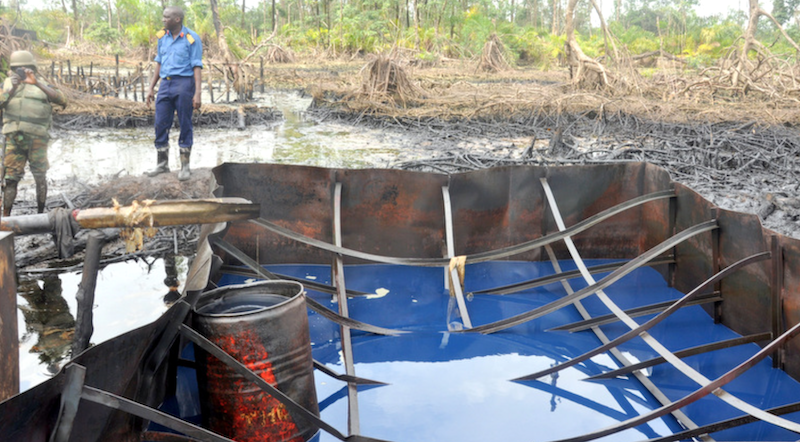Rear Admiral John Okeke, Commander of the Joint Task Force (JTF) in Niger Delta on Thursday attributed the rise in oil output from 1.2 million barrels per day (mbpd) in January to 1.84 mbpd currently to outcome of intensified battle against oil theft.
Okeke gave the figure during a review of the operations of the task force for the year 2024. He said that following a Presidential Order to increase oil production to 2.2 mbpd, the Chief Defence Staff authorised intensified crackdown on oil thieves.
“Of course,this feat came along with challenges resulting in some of our colleagues paying the supreme price. The need for today’s conference is to assess our performances and projections for 2025 which is necessary to sustain the JTF efforts to enhance Nigerian economic prosperity towards our national development as emphasised by President Bola Ahmed Tinubu, the C-in-C of the Armed Forces of Nigeria,” Okeke said.
He explained that following a dip in oil output in the second quarter of the year, the joint task force launched a 90 day operation aimed at restoring oil and gas production to full capacity in the South South and South East geo-political zones.
He explained that the operation was conducted in 2 phases with each phase lasting for 45 days, adding that the operation ended on Oct 16 with remarkable successes resulting in major achievements.
Okeke listed the results of the enhanced operations to include reduction in crude oil theft and illegal refining activities by about 85 per cent within the fourth quarter of 2024.
He also said the joint force also terminated about 95 per cent breaches on the Trans-Niger, Trans-Ramos and Trans-Escravos Pipelines in the last 3 months and Key Performance Indicator of 89, 96 and 97 percent in the Eastern, Western and Central Corridors respectively as at Dec 4.
Okeke noted that with the increased crude oil output from 1.2 mbpd in June, 24 to 1.83 million bpd as at 11 Dec, attaining the 2.2 mbpd benchmark is achievable.
According to the JTF commander, the troops have commenced picketing of facilities of suspected end-users of stolen crude and illegally refined products. Okeke also listed the bursting of a four-man syndicate that specialises in the production of fake documents since 2011 for movement of stolen crude oil.
“Other achievements include: Deactivation of about 1,546 illegal refining sites each with different camps, destruction of over 1,428 storage facilities and 1,121 large wooden boats.
“Seize and appropriate handling of over 300 vehicles including tankers, trucks, cars and tricycles conveying crude oil and illegally refined products.
“Recovery of about 15,634,207 litres of stolen crude oil, seizure of about 4,004,968 litres of illegally refined Automotive Gas Oil AGO).
“The JTF also seized about 41,770 litres of Dual Purpose Kerosene and seizure of about 273,225 litres of petrol,” he said.
According to Okeke, a total of 1,217 suspects in connection with various crimes were apprehended by the JTF code named, Operation Delta Safe (OPDS) within the period under review.
He said the OPDS also achieved enhanced community engagement and mediation between International Oil Companies and host communities resolving about 98 CSR related disputes involving Chevron, SEEPCO, SPDC, Aiteo, NECONDE, TotalEnergiex and Oando.
He explained that to sustain the gains, the OPDS is advocating robust stakeholders support to the fight against oil theft in addition to intensified intelligence sharing amongst security agencies.
Okeke identified the need to extend security coverage to gas facilities which hitherto were not targets of criminals due to the emerging security threat of attacks on gas infrastructures.
He said that in the coming year, the force would deploy advanced technology by use of tactical drones to provide online real-time coverage of the activities in the JTF’s area of responsibility.
